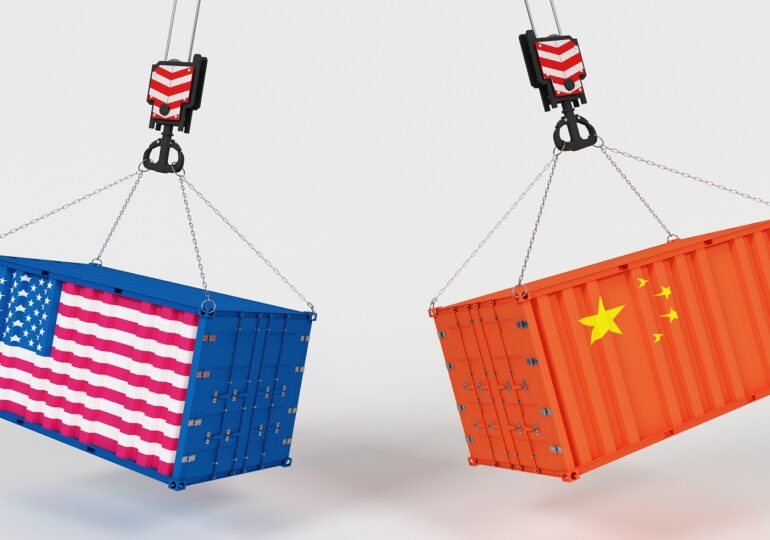The trade war between the United States and China has pushed global supply chains into a severe crisis, and recent data shows how close we are to collapse.
According to a new report by GEP, cited by CNBC, the effects of the tariffs imposed by the Trump administration have already begun to seriously affect production in Asia and North America even before a temporary truce takes effect.
Although the suspension of tariffs brought a moment of relief, companies remain on alert: the uncertainty and volatility of the global context endanger economic stability and investment plans, according to the most recent GEP Global Supply Chain Volatility Index report, cited by CNBC.
Fragile Pause in the Tariff War
In April, procurement activity recorded a sharp decline following a massive surge in raw material stockpiling.
"The suspension of tariffs is a significant relief for producers in the US and China," said John Piatek, GEP Vice President.
"Our index shows a collapse in production demand in China, while American companies are stockpiling emergency supplies to protect themselves from the tariff effects."
However, according to Piatek, the temporary trade agreement does not eliminate the unease of American companies regarding the long-term risks associated with dependence on China.
"While trying to reduce their exposure to China, the uncertainty and rapidly changing dynamics are affecting their investment plans and the stability of supply chains," he warned.
Declining Production, Increasing Stocks
The GEP index analyzes demand, product shortages, transportation costs, inventory levels, and delays based on a monthly survey conducted among 27,000 firms.
"The first blows of the tariff war have already been felt by global manufacturers," Piatek added. He emphasized that this data serves as a warning for what may come if the 90-day tariff truce does not become permanent.
According to the data, there was a sharp increase in storage activity in North America in April, a phenomenon described by Piatek as "worrisome."
At the same time, Asian manufacturers are beginning to anticipate a decrease in demand and possible supply chain disruptions, recording the weakest procurement activity level since December 2023.
The only area with more optimistic prospects is Europe, where the industrial recession seems to be nearing its end. Although the UK, the first country to sign a preliminary trade agreement with the US, reported very weak industrial activity, production capacity in Germany and France is starting to be utilized again. However, Piatek warned that this positive trend could quickly reverse if global trade conditions deteriorate once more.

